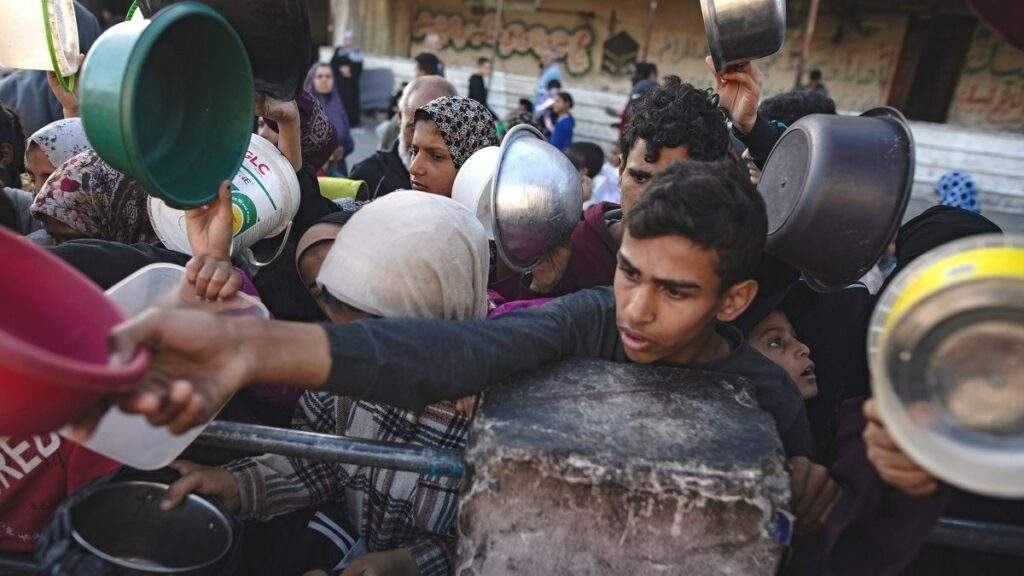The situation in Gaza has reached a critical point, with the European Union’s foreign policy chief issuing a dire warning that the region is not just on the brink of famine but is currently experiencing a state of famine. This alarming development has been further exacerbated by the ongoing conflict, with Israel facing accusations of using starvation as a weapon of war.
Recent reports from UNICEF have shed light on the devastating impact of the conflict on Gaza’s civilian population, particularly children. Shockingly, over 13,000 children have been killed, and many more are suffering from severe malnutrition. The European Union’s foreign policy chief has condemned Israel for worsening the famine by restricting aid deliveries, leading to a desperate need for immediate humanitarian intervention.
The use of starvation and the denial of essential resources as tactics in the conflict have sparked outrage from the international community. The EU foreign policy chief’s statement has raised serious concerns about Israel’s actions, accusing it of using starvation as a strategic tool against Gaza. This has prompted urgent calls for a ceasefire and the establishment of aid corridors to alleviate the suffering of the population.
The current famine in Gaza not only represents a humanitarian crisis but also raises ethical questions about the conduct of warfare and the protection of civilians. The accusations against Israel have ignited a global debate on the use of starvation as a method of warfare, highlighting the need for a reevaluation of military tactics that put innocent lives at risk.
As the world watches the situation in Gaza unfold, there is a collective hope for a resolution that brings an end to the suffering and a reexamination of the tactics employed in conflicts. It is imperative for global leaders and humanitarian organizations to come together to address the urgent needs of the people in Gaza and work towards a sustainable peace that prioritizes the well-being of all individuals involved.
